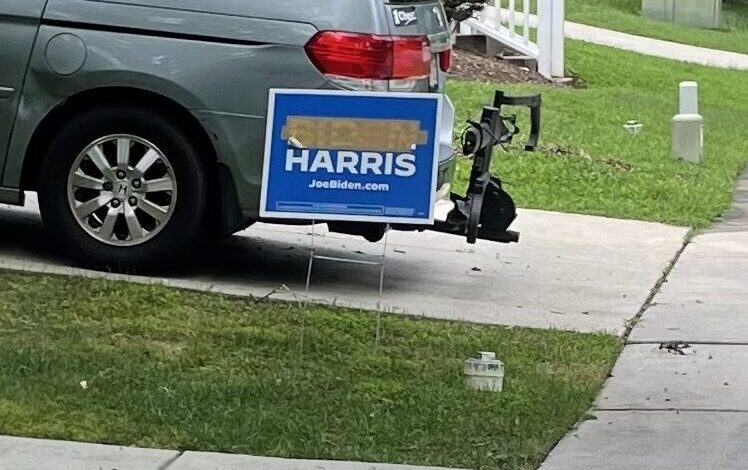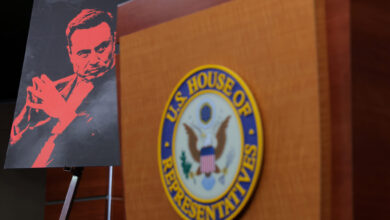
Once upon a time, in a land where I was a much younger woman who had not spent over 25 years in the realm of social justice work, seeing how egos, passion and feelings — along with institutional roadblocks — get in the way of creating justice, I probably would have referred to myself as a leftist. At the very least, I would have said I was strongly left-leaning.
However, after spending the last decade mired deep in the world of racial justice, I no longer claim that label. At best, I am a pragmatic progressive. Or maybe I am just a moderate in denial.
I am not hopeless; it’s just that after the presidential election season of 2020, combined with the global pandemic, I am less hopeful about people’s ability to play the long game for the greater good of all. I have seen this quite often in the last several years in my anti racism work, where people drop out of the work beyond protests and the immediate moment.
It wasn’t always that way though. I grew up in a family where reading the daily newspaper and watching the nightly news was actually a way of life. Some of my favorite memories were listening to the adults talk about local and national politics. My father, having grown up in rural Arkansas under Jim Crow laws, never failed to remind me that as Black Americans it was our right to be informed and a duty to exercise our power to vote. I grew up hearing about poll taxes and the hurdles that my elder relatives went through just to vote. Which is why, even as a mother at the tender age of 19 in 1992, I cast my first vote in that year’s presidential election. I have never missed an election since then.
Since Donald Trump’s presidency, though, it has gotten harder to get excited. However, in late 2019 or early 2020, I became a Bernie Sanders supporter. Initially, I was lukewarm on Sanders because I believed his analysis around race felt weak and he leaned too much into class rather than addressing racial disparities baked into systems and institutions. However, I eventually started to “feel the Bern,” so much so that I tagged along on campaign events, even getting the chance to meet Nina Turner and Susan Sarandon.
For a moment, it looked like I wasn’t the only one who was feeling it, and there was a glimmer of hope with Sanders’ early primary wins—but, alas, reality pounced in the form of a global pandemic which upended the primary season. Joe Biden, after several early losses, would go on to win the nomination and the presidency.
Honestly, I cannot say that I was ever stoked about Biden, but given the state of the country, I felt that anyone other than a repeat of Trump would suffice. My most pressing concern was a leader who would take COVID seriously and get it contained. Oh, and sure, a little less presidential madness and scaling back on overt racism and xenophobia.
On that front, I wasn’t looking forward to a rematch of 2020 here in 2024. While I still was not thrilled about Biden, if he was the nominee, he would get my vote. After his disastrous debate in July, though, I was definitely among those wondering if he was really up to the task. No one ever leaves the presidency refreshed, and while we live in a world with rose-colored lenses when it comes to aging, we have to face reality.
I am sure that I am not the only one who was wondering if we were going to have a real-life “Weekend at Bernie’s” situation if he were re-elected. Thankfully, we no longer have to worry about that with Biden’s bold decision to drop out of the race and endorse his vice president, Kamala Harris.
I have to say I let out a little sigh of relief upon hearing the news, and while I am waiting to hear more on Harris’ position on a number of subjects, the fact is that she is well-qualified for the job — far more so than the guy running to get back in the Oval Office despite that pesky felony conviction.
I was not a Harris supporter in 2020, but I am Team Kamala in 2024. So much so that I have joined with the newly formed group called Black Maine for Harris.
I have voted in enough elections at this point to accept that politicians are not my friends and rarely are we going to be in total alignment. I see voting as one of myriad ways that we create change.
This idea almost feels quaint and outdated in this current moment, when many feel so passionate about politics that they want to hold their leaders accountable for any and everything, including things beyond the scope of what a politician—even a president—can do.
At the end of the day, I believe we all have a responsibility to work to create the world that we wish to see, and not just leave it up to the elected officials. Despite what it may seem like, we do have the power to effect change in our sphere of influence, and the more we do that as a collective, the greater likelihood we have for real change.




